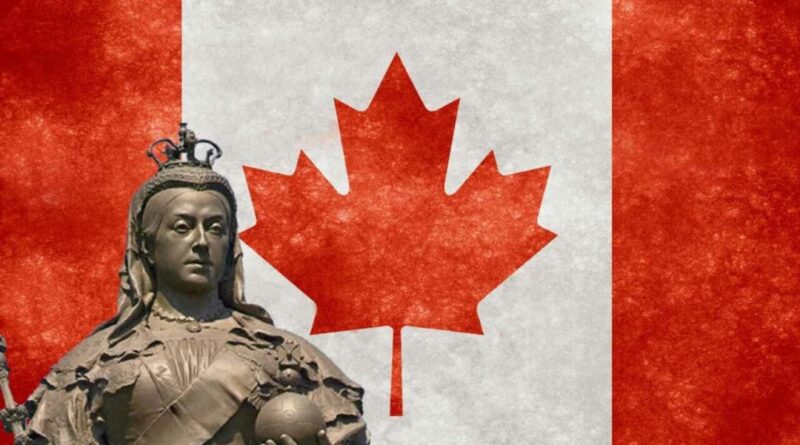Victoria Day 2023: Why Do People Celebrate this Day in Canada?
Victoria Day is a public holiday in Canada celebrated on the last Monday preceding May 25 each year. The holiday is named after Queen Victoria, who reigned over the United Kingdom of Great Britain and Ireland from 1837 to 1901. Queen Victoria’s birthday was on May 24, and Victoria Day is observed to honor her memory and contributions to Canada.
Popular Recommendation: Top 3 Finest Places Explored For Vacation in 2023
Why Victoria Day is celebrated in Canada
There are several reasons why Victoria Day is celebrated in Canada:
Queen Victoria’s Reign
Queen Victoria, born on May 24, 1819, ascended to the throne of the United Kingdom in 1837 at the age of 18. Her reign, known as the Victorian era, lasted over six decades until she died in 1901. Canada was a British colony during this time, and Queen Victoria was pivotal in shaping the nation’s development.
Historical Significance
The celebration of Victoria’s Day in Canada can be traced back to the mid-19th century. After Queen Victoria acceded to the throne, Canadians began commemorating her birthday as a sign of loyalty and allegiance to the monarch. At that time, Canada was undergoing significant political changes, including the process of Confederation.
Confederation and Nation-Building
Confederation, which occurred on July 1, 1867, united the provinces of Ontario, Quebec, New Brunswick, and Nova Scotia into a single Dominion called Canada. This event marked a crucial milestone in Canada’s journey toward nationhood. Queen Victoria’s role in approving and supporting the Confederation process contributed to her recognition and admiration among Canadians.
Establishment of Victoria Day
The first official recognition of Victoria Day as a public holiday in Canada dates back to 1845 when the Parliament of the Province of Canada declared May 24 a public holiday. Over time, the celebration of Queen Victoria’s birthday gained popularity, becoming an annual tradition nationwide.
Transition to Monday Observance
Initially, Victoria Day was observed on May 24, regardless of the day of the week. However, in 1952, an amendment to the Statutes of Canada established that Victoria Day would be observed on the Monday preceding May 25. This change created a long weekend, providing Canadians with a dedicated time for relaxation and festivities.
Symbol of Unity and Canadian Identity
Victoria’s Day symbolizes unity and a shared Canadian identity. It represents a historical link to Canada’s past, particularly the Victorian era when the country underwent significant transformations. The holiday allows Canadians to reflect on their heritage and history while fostering a sense of national pride and unity.
Unofficial Start of Summer
Besides its historical significance, Victoria Day also carries a practical meaning in Canada. As the holiday falls in late May, it marks the unofficial start of the summer season. Canadians take advantage of the long weekend to engage in outdoor activities, spend time with family and friends, go camping, enjoy barbecues, and watch fireworks displays held in many communities.
Wrap Up:
It’s important to note that while Victoria Day is widely celebrated across most of Canada, there are exceptions. For example, this day is not a statutory holiday in the province of Quebec. Instead, Quebec celebrates National Patriots’ Day on the same day, commemorating the rebellion against British rule in 1837-1838.
Overall, Victoria Day in Canada combines historical significance, remembrance of Queen Victoria’s contributions, and the joyous anticipation of summer, making it a cherished holiday for many Canadians.
Must Read: Top 7 Career Choices You Can Go With

